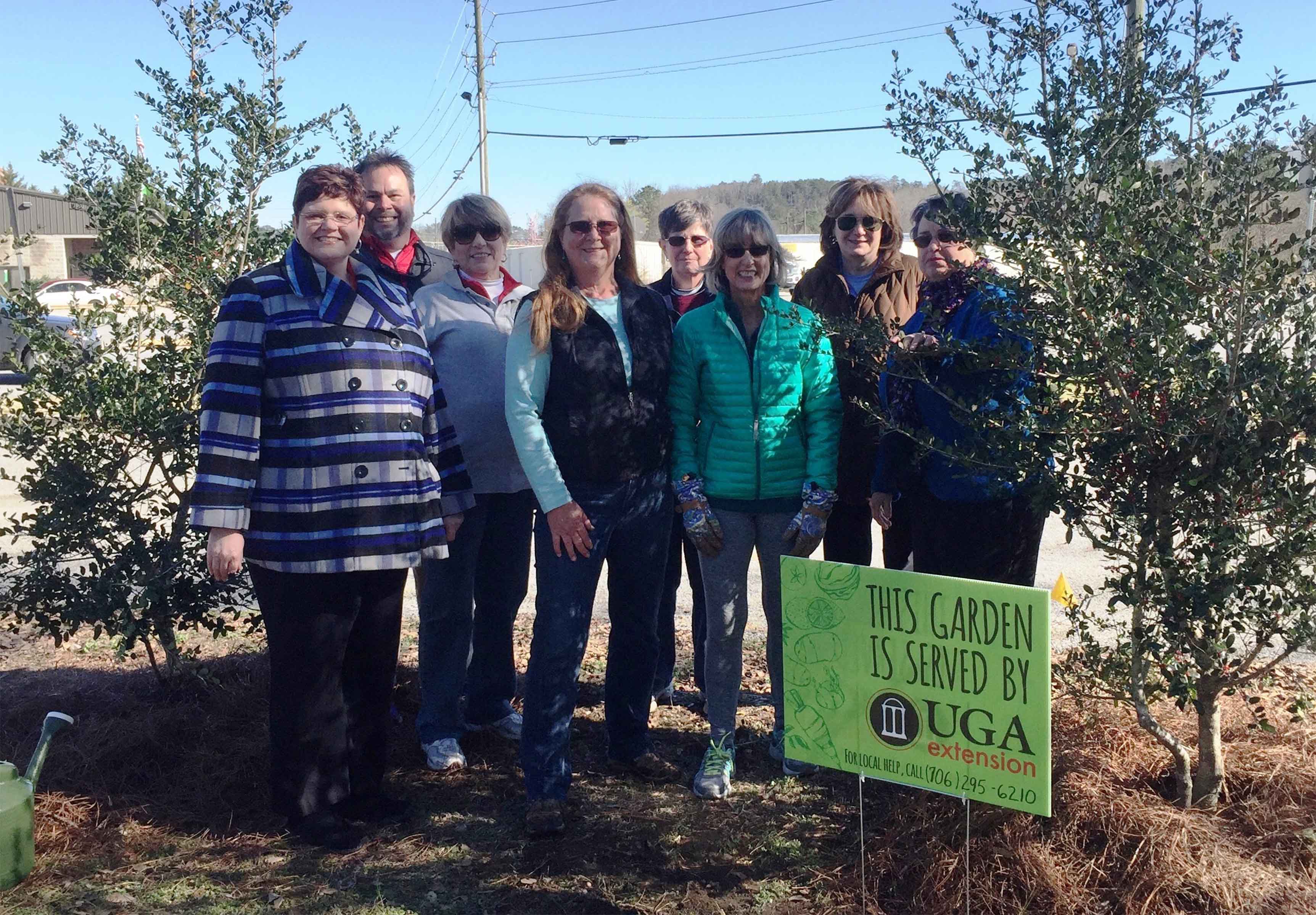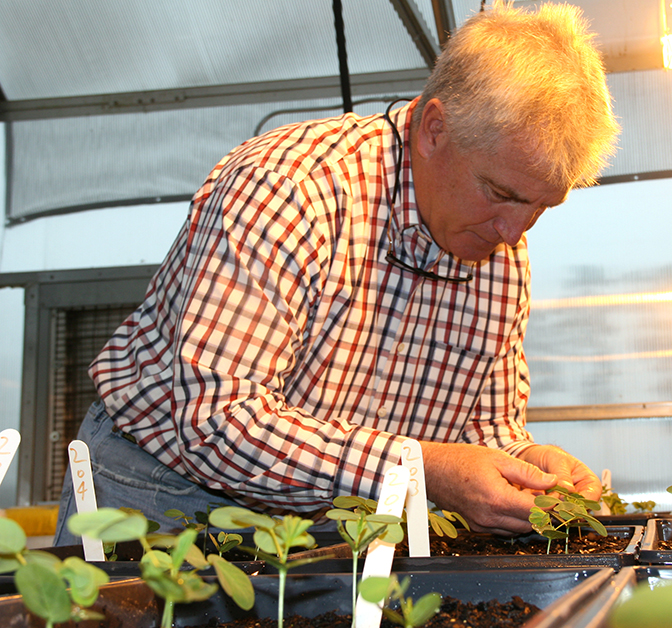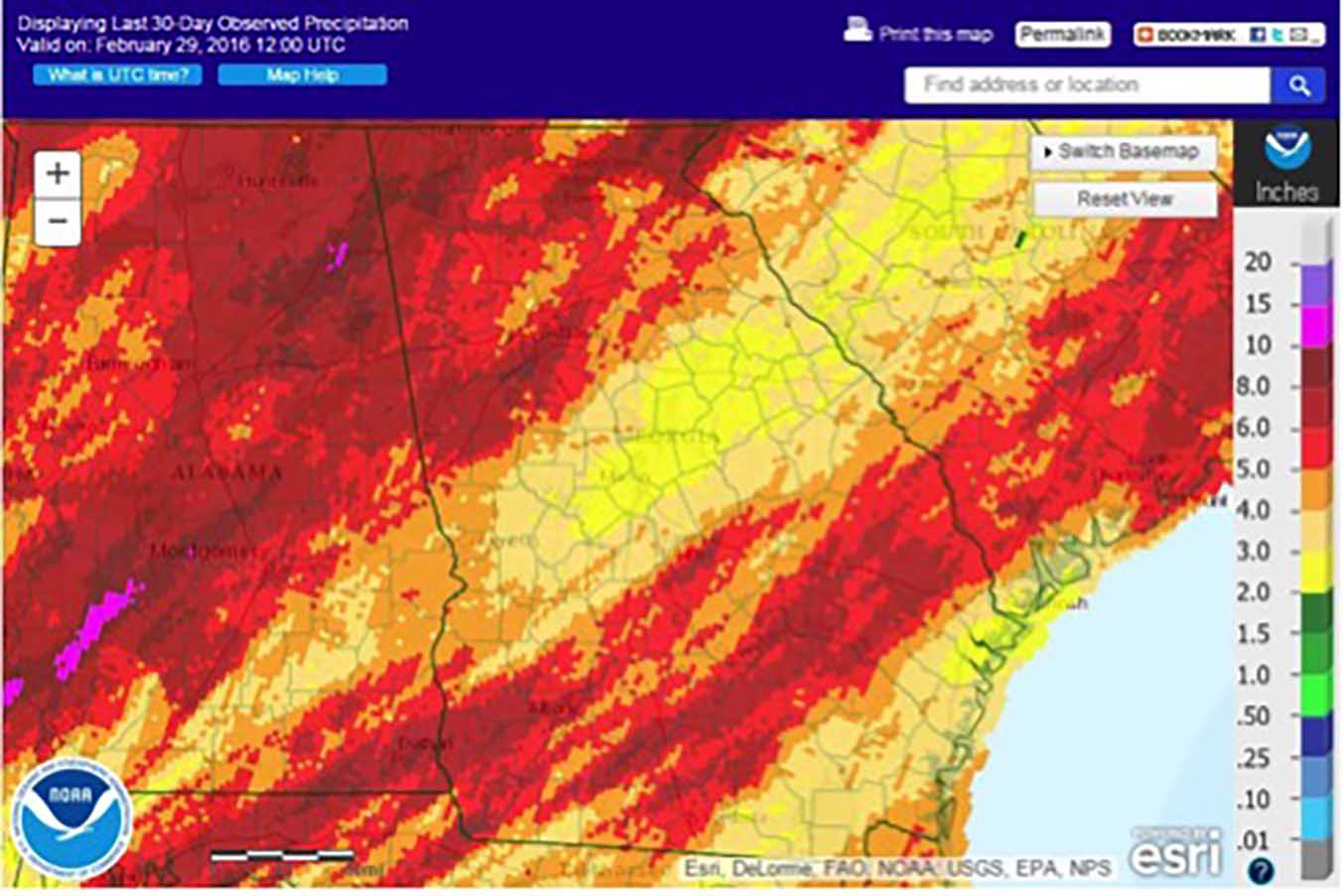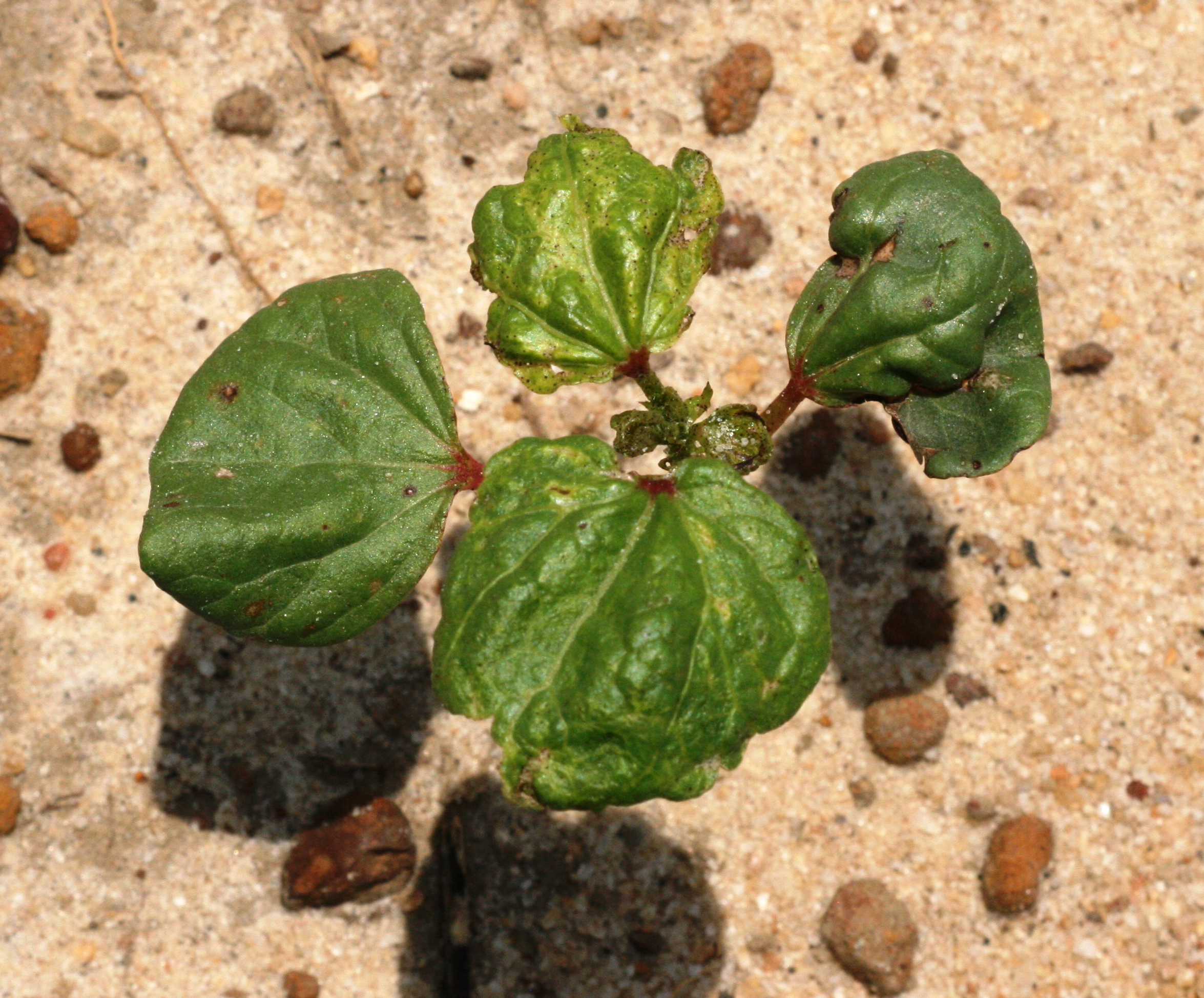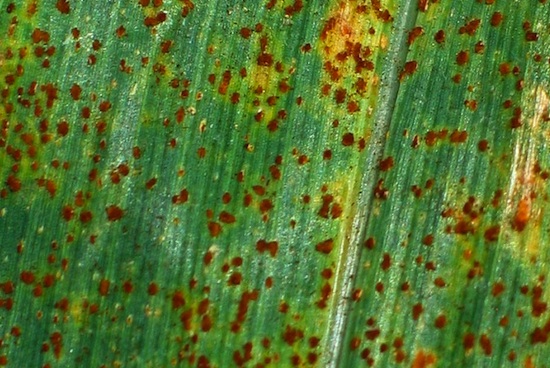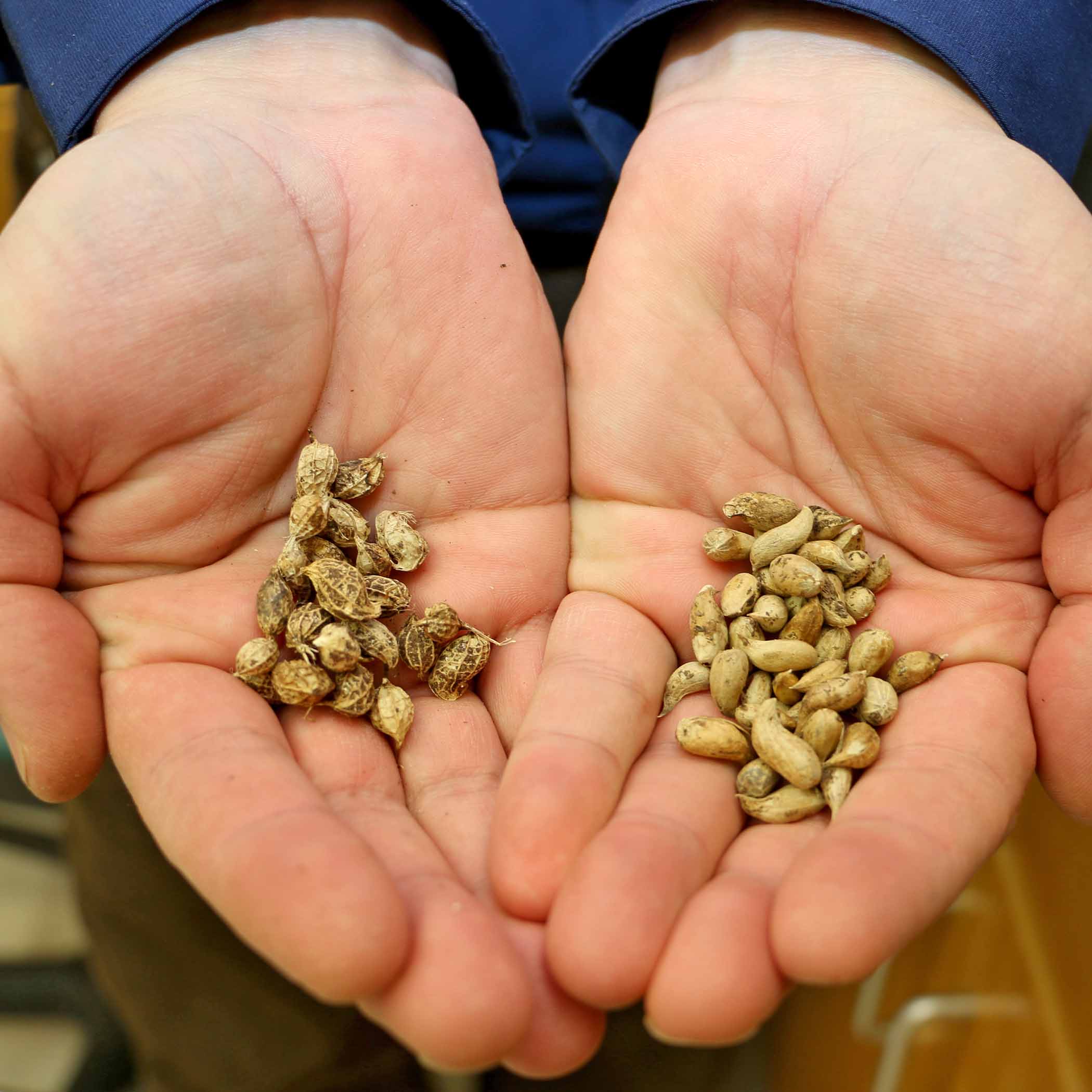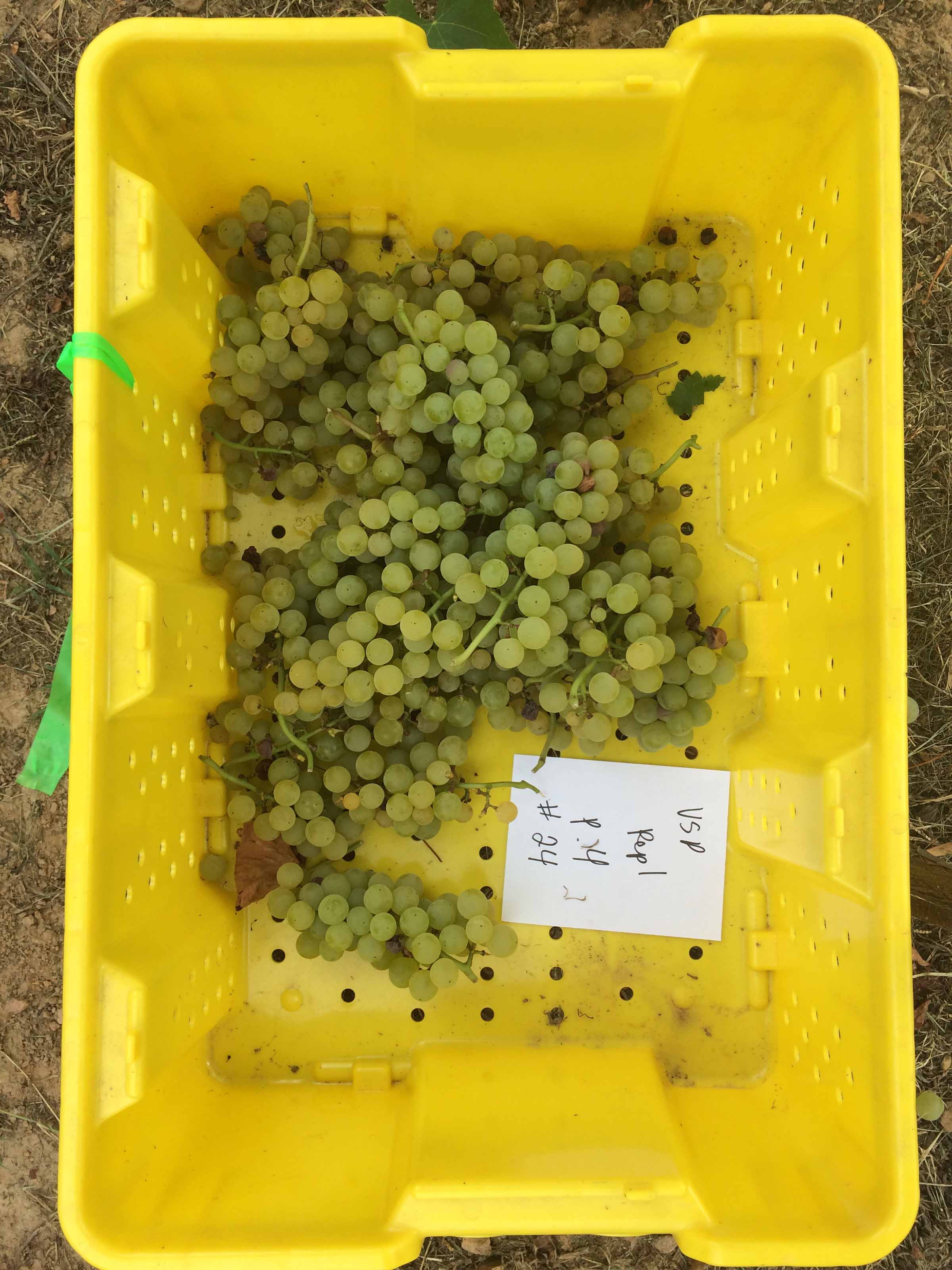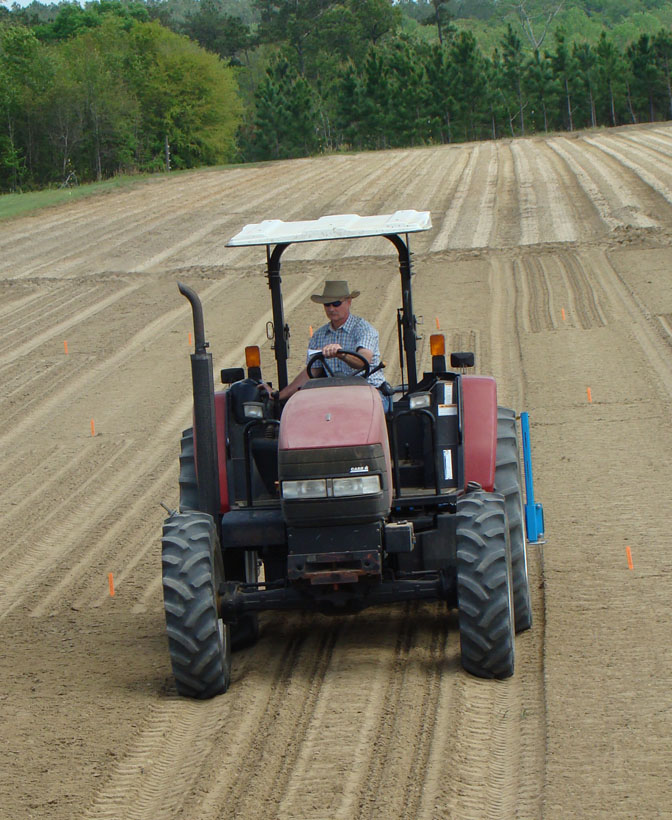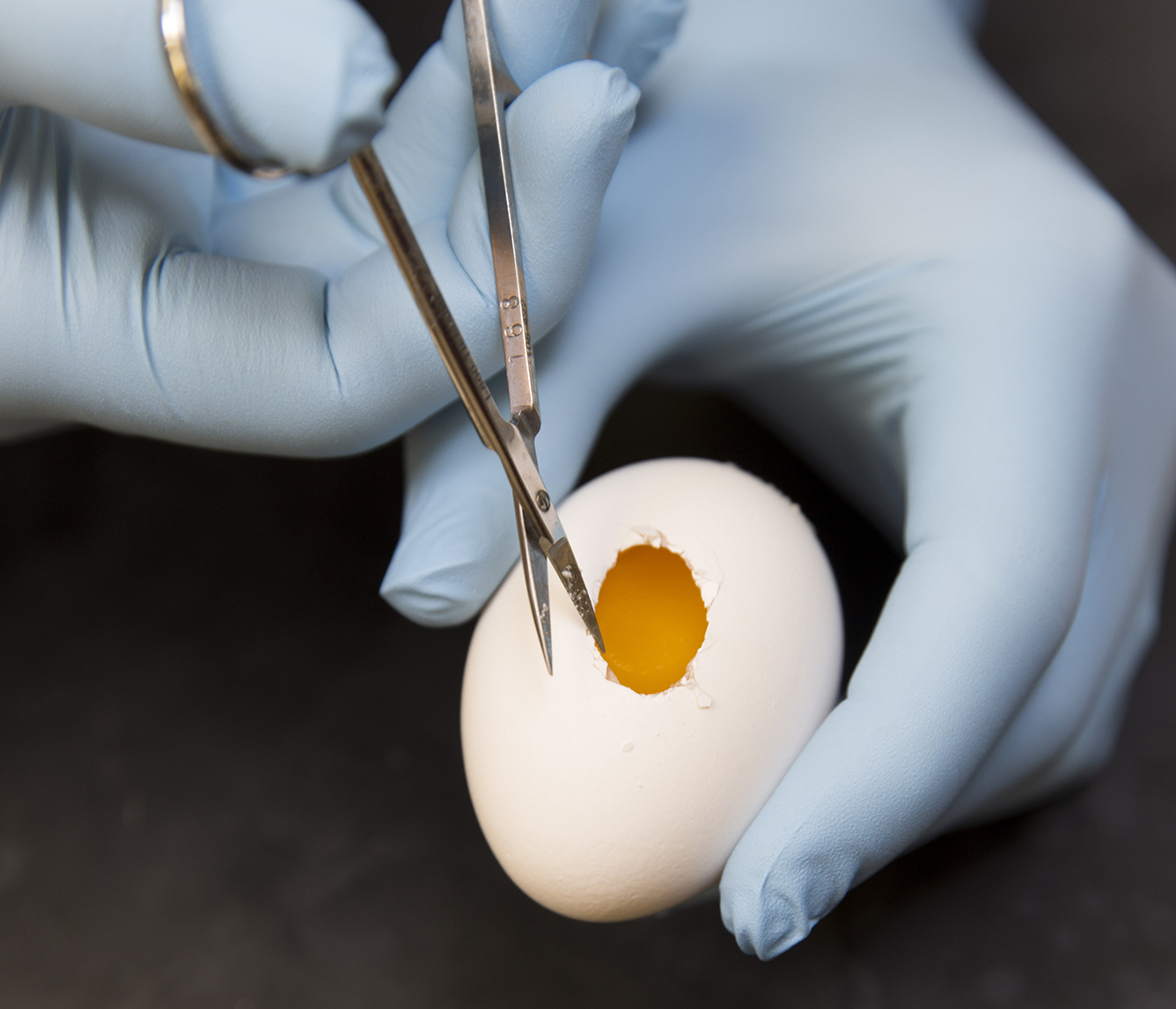 CAES News
CAES News
Stem Cell Safety
An overwhelming number of researchers still struggle within the black hole of the effectiveness and safety of stem cell therapy for neurological diseases. While the complexity of understanding how neurons grow, connect and function has long been studied, it remains a mystery, one that graduate student Forrest Goodfellow in the University of Georgia Regenerative Bioscience Center is helping unravel.

